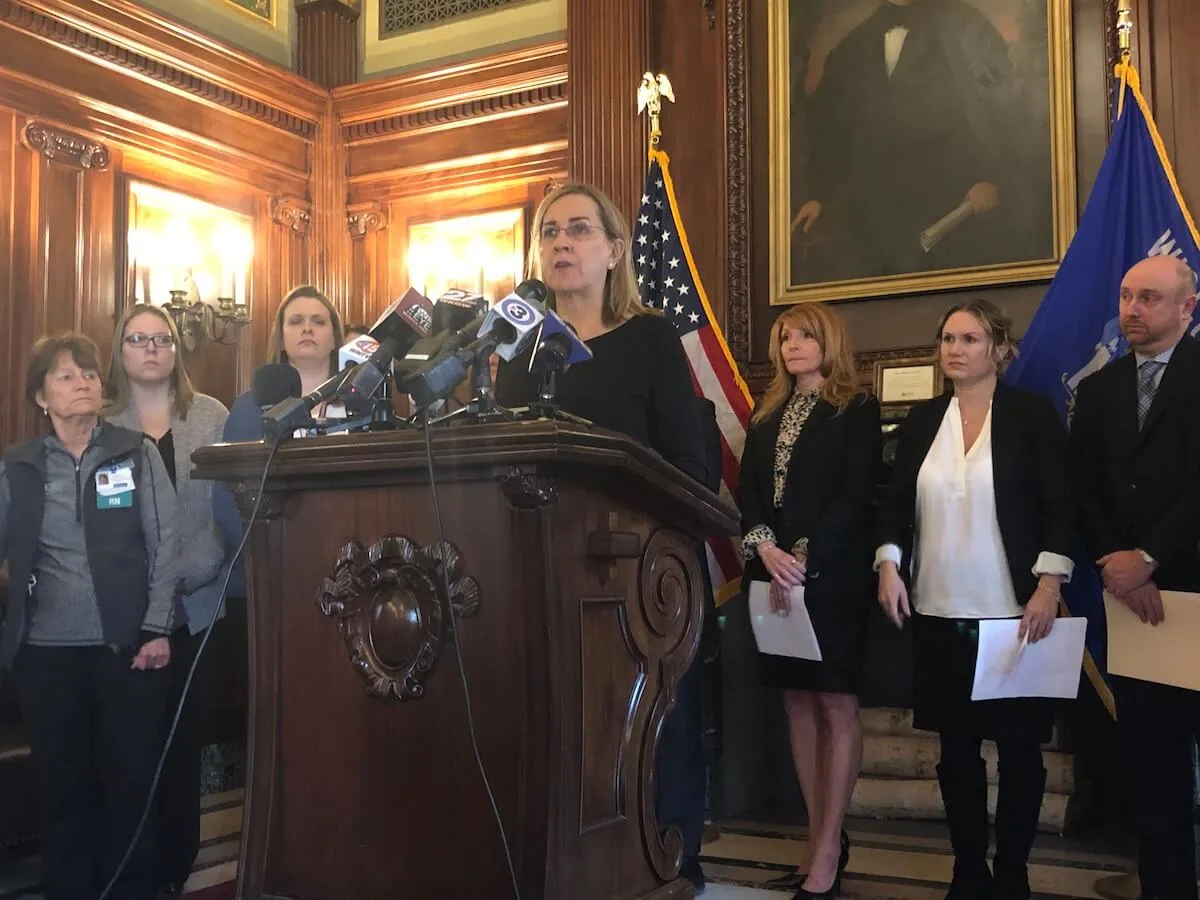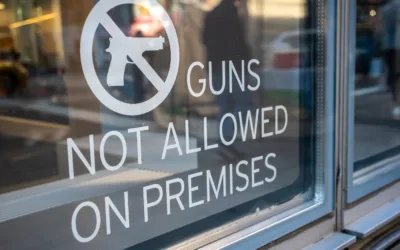
#image_title
Bills were approved by the state Senate last year, but the proposals died in the Assembly when GOP leadership added immigration and school choice components.
Two bills designed to prevent another sexual assault kit backlog are making their way back through the Assembly.
Last year, both bills were approved in the state Senate, but died in the Assembly when the Assembly’s GOP leadership added components on immigration and school choice.
The Assembly Criminal Justice and Public Safety Committee on Tuesday held a hearing on the bills. One proposal would set statutory procedures and timelines for the collection, submission and processing of kits, while another would require the state Department of Justice (DOJ) to create a database where survivors, law enforcement and medical professionals could track the status of a particular kit.
Both bills were approved by the state Senate in March. One of the Assembly cosponsors, Sen. Robert Cowles (R-Green Bay), urged his colleagues on Tuesday to “get past the politics of the issue” and pass the bill.
“That’s the least we can do for these people who have been violated,” Cowles said, referring to the survivors who underwent forensic sexual assault exams, which can be invasive.
The Wisconsin Sexual Assault Kit Initiative (WISAKI), a DOJ initiative, in 2014 recorded 6,841 previously untested sexual assault kits, of which 4,472 have since been tested. On Friday, the DOJ announced that a Verona man was charged for a 2008 sexual assault based on evidence from a backlogged rape kit.
RELATED: ‘Poison Pill’ Version of Rape Kit Bill Passes
Rep. David Steffen (R-Green Bay), who co-authored the bill, pointed out that the issue of backlogged rape kits goes back even further, estimating that around 8,000 kits “have been in different forms of stasis around the state for 30 years.”
“This bill will, for the first time—and, hopefully, permanently—address this issue,” Steffen said.
Under the proposed timeline, if a sexual assault survivor wants to move forward with charges, the medical professional who collected the rape kit must notify law enforcement within 24 hours, at which point law enforcement has 72 hours to take control of the kit and then 14 days to submit it to the state’s crime lab. If the survivor does not want to move forward at that time, the kit must be sent to the crime lab within 72 hours for storage.
Supporting Survivors
Jessica Lind with The Women’s Community, an organization that helps victims of sexual assault, domestic violence, and stalking, said that when she is called in to provide emotional support to a woman undergoing a rape kit collection, which she called “excruciating,” one of the most common questions she’s asked is when the kit will be processed. Currently, there is no mandated time frame.
“I wanted to tell her with 100% certainty that it would be sent to the crime lab,” she said. “Testing the sexual assault kit sends a message to her that she and her case matters.”
The Senate unanimously passed a bill last year with similar reforms. It had the support of nurses, law enforcement, sexual assault survivors, advocates, current and former state atttorneys general from both parties, and 56 bipartisan cosponsors in the Assembly. Gov. Tony Evers had signaled that he would pass it if it was approved by the Assembly. Similar reforms had been passed in 30 other states.
Wisconsin became the first state to block reform when Assembly Republican leadership let that bill languish in committee. Instead, they put forward their own bill that included two highly partisan provisions.
One would have allowed parents of a school-age child who is raped or sexually assaulted to automatically qualify for a voucher to a private school if they go to school with their alleged attacker. The other would have allowed local police departments to notify US Immigration and Customs Enforcement when someone suspected of being in the country illegally is accused—but not yet convicted or acquitted—of rape or sexual assault.
Attorney General Josh Kaul said the voucher provision sent the message that the solution is for the survivor to leave the school, rather than the perpetrator, and that it let school districts off the hook for not supporting survivors. Victims’ advocates said the immigration provision would have deterred victims from coming forward, particularly if the survivor was undocumented.

Editorial: It’s no longer ‘too soon’ to connect school shootings to the callous indifference of certain politicians
Wisconsin Republicans consistently choose to excuse the mass killings of our children, even though this ongoing carnage is preventable, not...

Multiple deaths in shooting at Abundant Life Christian School in Madison
The suspected shooter, a juvenile, is thought to be among those killed. At least six others have been wounded, as well. NOTE: This is an active...

Why are there so many dead deer on Wisconsin roads?
Are you seeing an alarming amount of dead deer piling up on the side of highways right now? You’re not alone. The last time I took I-39/90 from...

Celebrate Wisconsinbly: A guide to the state’s weird alcohol laws
Did you know that the average Wisconsinite enjoys 634 drinks per year? That’s nearly 150, or an entire keg, more drinks than the national average....




